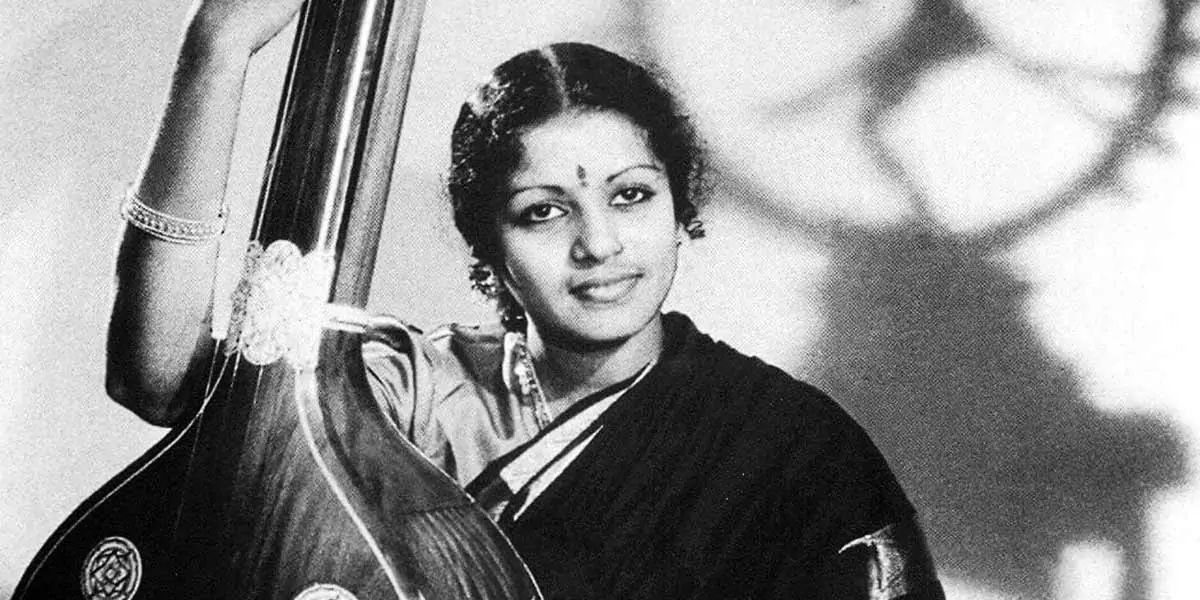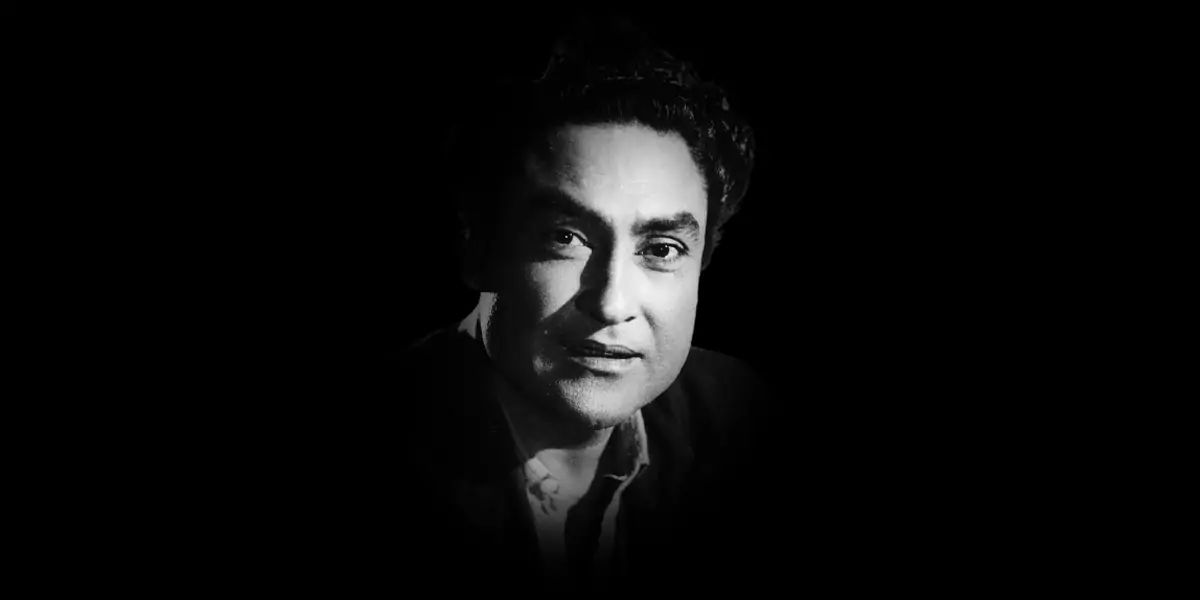In 1930, Indian Chandrasekhara Venkata Raman is awarded the Nobel Prize in Physics for his work on light scattering, making him the first Asian and non-white person to receive the award.

Sir Chandrasekhara Venkata Raman (7 November 1888 – 21 November 1970) was an Indian physicist who specialised in light scattering. Using a spectrograph he invented, he and his student K. S. Krishnan found that as light passes through a transparent medium, the wavelength and frequency of the deflected light changes. Chandrasekhara Venkata Raman, an Indian, receives the Nobel Prize in Physics in 1930 for his work on light scattering, making him the first Asian and non-white person to do so.
Related On This Day

In 2019, India passed the Citizenship Amendment Bill, paving the path for immigrants from Pakistan, Bangladesh, and Afghanistan's minority populations to get citizenship.

Pranab Mukherjee, an Indian politician and the 13th President of India, was born in Mirati, British India, in 1935.

Ravi Shankar, a Bengali Brahmin sitar maestro and Indian classical music composer, died in 2012 at the age of 92.

Dilip Kumar [Muhammad Yusuf Khan], the "Tragedy King" and one of the best performers in Indian film, was born in Peshawar, British India, in 1922.

Hailee Steinfeld, an American actress and singer, was born in Los Angeles, California in 1996.

M.S. (Madurai Shanmukhavadivu) Subbulakshmi, the first Indian vocalist to be given the Bharat Ratna, died in 2004 at the age of 88.

Alfred Nobel, the Swedish scientist who created dynamite and organised the Nobel Prize ceremony on this date, died at the age of 63 in 1896.

Rabindranath Tagore, a Bengali poet, is the first non-European to receive the Nobel Prize in Literature in 1913 for his work "Gitanjali."

Vishwanathan Anand, Indian chess grandmaster, was born in Mayiladuthurai, India, in 1969.







